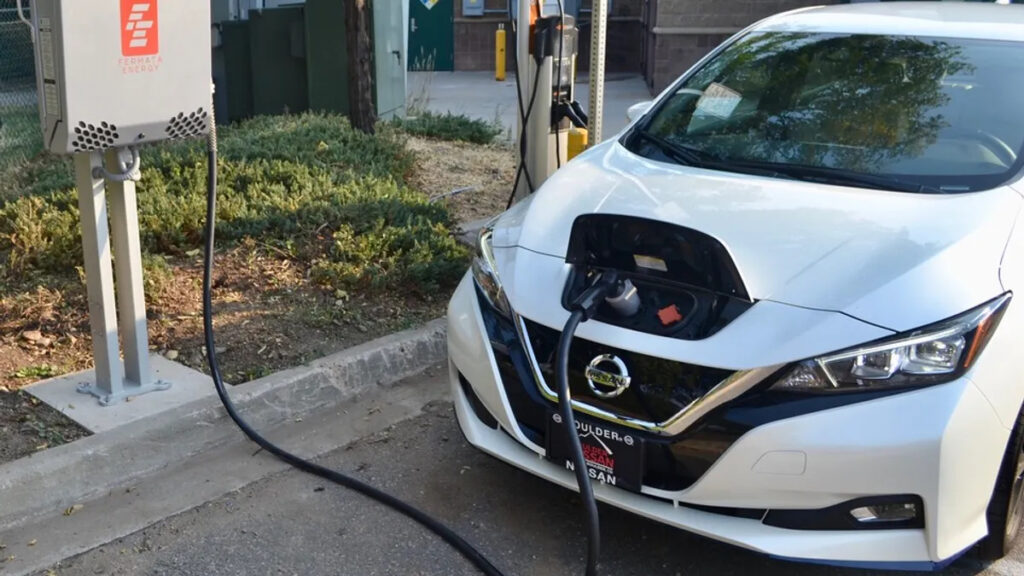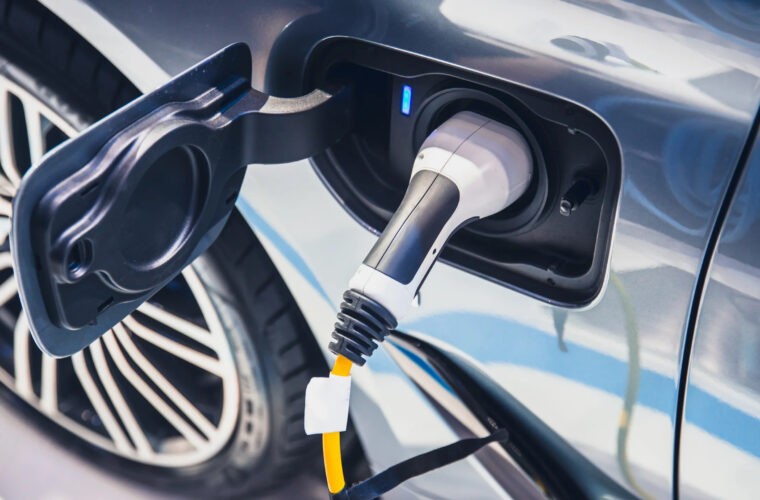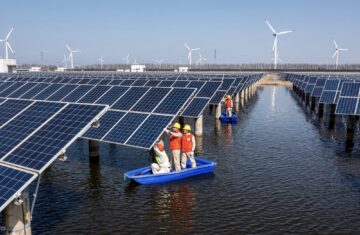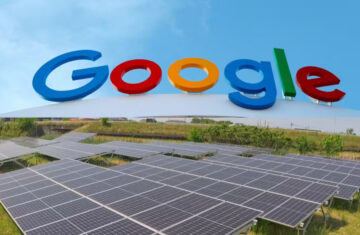A new initiative in Congress is seeking to phase out clean energy tax breaks and block foreign adversaries from taking advantage of U.S. taxpayer dollars. Led by Rep. Jen Kiggans (R-Va.), this effort is framed as a crucial step toward safeguarding national security and protecting American taxpayers.
On May 9, Kiggans introduced the Certainty for Our Energy Future Act, which proposes eliminating certain tax incentives for wind and solar energy. The bill specifically targets entities linked to countries like China, Russia, Iran, and North Korea, aiming to prevent these foreign adversaries from benefiting from U.S. clean energy programs.
Kiggans emphasized that the bill is designed to stop taxpayer dollars from subsidizing rival nations. “Saving taxpayer money and boosting homegrown industry is key to maintaining national security,” she stated. Supporters argue that wind and solar technologies have reached commercial maturity and no longer require the same level of federal support to remain competitive.
If passed, the bill would eliminate federal tax credits for new wind and solar projects starting in 2031. However, companies would have until the end of 2020 to begin construction and qualify for current incentives. The new restrictions are set to take effect in January 2026.
Frank Macchiarola, Chief Advocacy Officer for the American Clean Power Association, noted, “With electricity demand projected to increase by up to 50% over the next 15 years, we need an all-of-the-above energy strategy.” This highlights the urgency of developing a robust energy policy that can meet future demands.

The bill also aims to prevent companies with ties to foreign adversaries from receiving U.S. clean energy tax benefits. This includes firms based in these countries or those controlled by their governments. Citizens for Responsible Energy Solutions stated, “Right-sizing policies while offering business and investment certainty is both critical and commonsense.”
Kiggans’ concerns are supported by data showing that foreign-owned companies have already benefited significantly from U.S. tax subsidies. For instance, the Spanish wind company Iberdrola received over $2.2 billion in U.S. support between 2004 and 2014. More recently, companies like Gotion High-Tech and Trina Solar, which have ties to the Chinese Communist Party, have sought benefits from the Inflation Reduction Act, prompting further scrutiny.
While the Certainty for Our Energy Future Act aims to bolster U.S. energy independence and security, it also raises questions about the future of clean energy incentives. As lawmakers consider the implications of this bill, the balance between fostering homegrown energy innovation and ensuring national security will be crucial. The outcome could redefine the landscape of U.S. clean energy policy and its approach to foreign competition.



